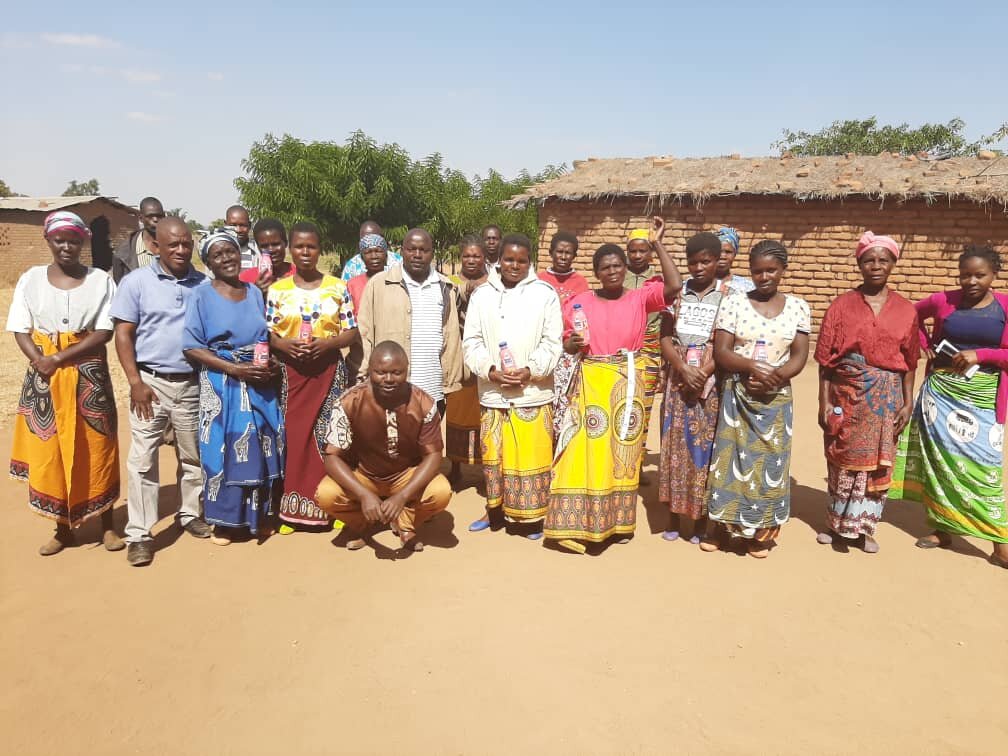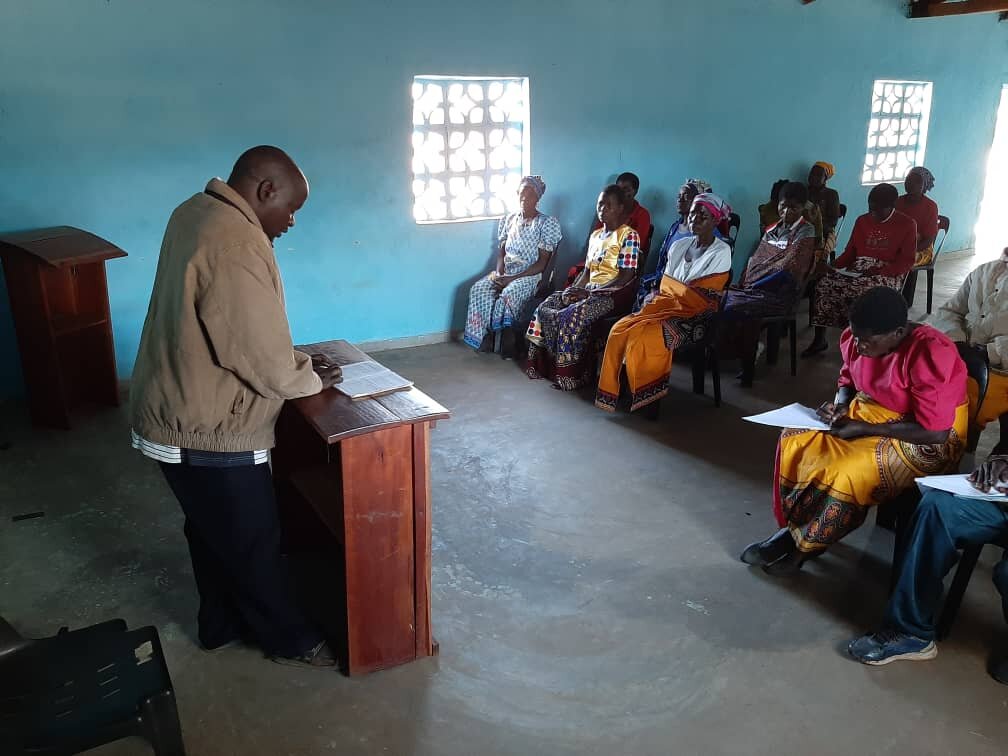Social Entrepreneur Spotlight: Mwelura Fortune Harawara
Introduce yourself and tell us about your company.
My name is Mwelura Fortune Harawa and I am the founder and Executive for Tigwirane Manja Foundation (TMF) in Lilongwe Malawi. TMF got registered as a company limited by guarantee with the sole purpose of transforming rural communities of Malawi from poverty stricken, semi-illiterate communities into vibrant self-sustaining communities. TMF is not another charity but acts as a cheerleader that helps to have rural communities develop using sustainable solutions that give HOPE and DIGNITY to the most vulnerable.
What inspired you to start your company? And why social entrepreneurship?
After working with women living with HIV for more than 10 years, it was pathetic to note that they continued to be a target of handouts and charity and this is something that has given birth to a dependency syndrome among people living with HIV. So many were missing their clinic appointments not necessarily because they undervalued HIV treatment but rather for lack of transport money to get to an HIV Clinic.
I then mobilized women living with HIV to form support groups and together we are embarking on piggery as a pass-on livelihood initiative so that no one misses her clinic appointment for lack of transport money. We humbly started with 2 piglets but I am happy to report that we now have 16 pigs. Our 50 women living with HIV are motivated, life finally has a meaning and they realize that they have what it takes to develop economically even as they adhere to HIV treatment.
How has Flame Tree Initiative helped you?
I am happy that I crossed paths with Flame Tree Initiative; they have taught me how to grow my initiative but also connected me to my current funders and partners. It is because of FTI that we now have a website and a strategic plan guiding us in the next 5 years.
What advice would you give to other people who might want to become entrepreneurs?
It is not a crime to start small and grow. In entrepreneurship we do not despise humble beginnings.
So far, how many community members have you supported directly through your business? What greater impact has that had on the community?
We are directly supporting 50 women living with HIV and our initiative has had an indirect impact on more than 1000 people. Our piggery initiative has proved to the entire community that women living with HIV have what it takes to develop economically and this has helped to significantly reduce cases of HIV related stigma and discrimination which were on the rise in the community since community members can now respect those living with HIV.
How have you pivoted or become more flexible during the covid-19 pandemic?
I must confess that it has not been easy working in these unprecedented times but we have nonetheless adhered to social distancing, handwashing and use of face mask measures as remedial strategies to contain further spread of the pandemic. The community we serve had a lot of myths and misconceptions about COVID-19 but we took time to address the same through provision of correct information about the disease.
What goals do you have for 2020?
We plan to have all our members saturated with the piggery initiative.
We hope to procure and plant a maize mill which will be generating resources for our women support groups for people living with HIV.
We would love to start our Tailoring and Designing school so women living with HIV are empowered with another skill.
We will be starting permaculture activities on our land to complement on our other initiatives.
Is there anything else that you’d like to share?
Through our monthly contributions, village savings and loans and soya beans sales we have been able to purchase 2 hectares of land where we intend to start permaculture farming. We also have plans to plant a maize mill on this land and construct a small clinic where the general population will be treated for minor conditions at a subsidized amount.



